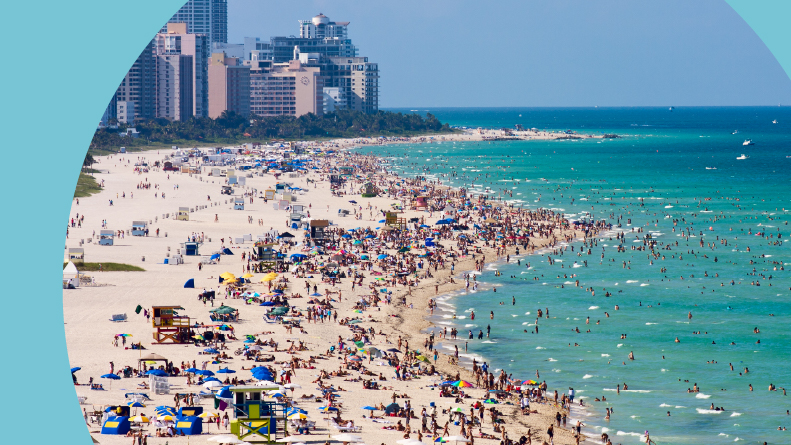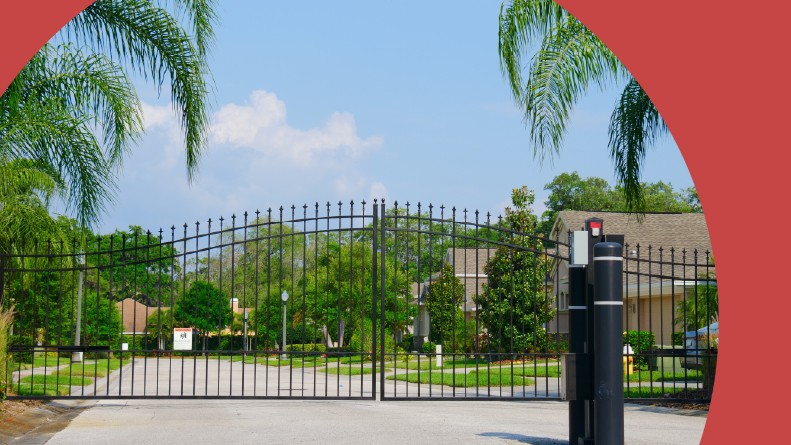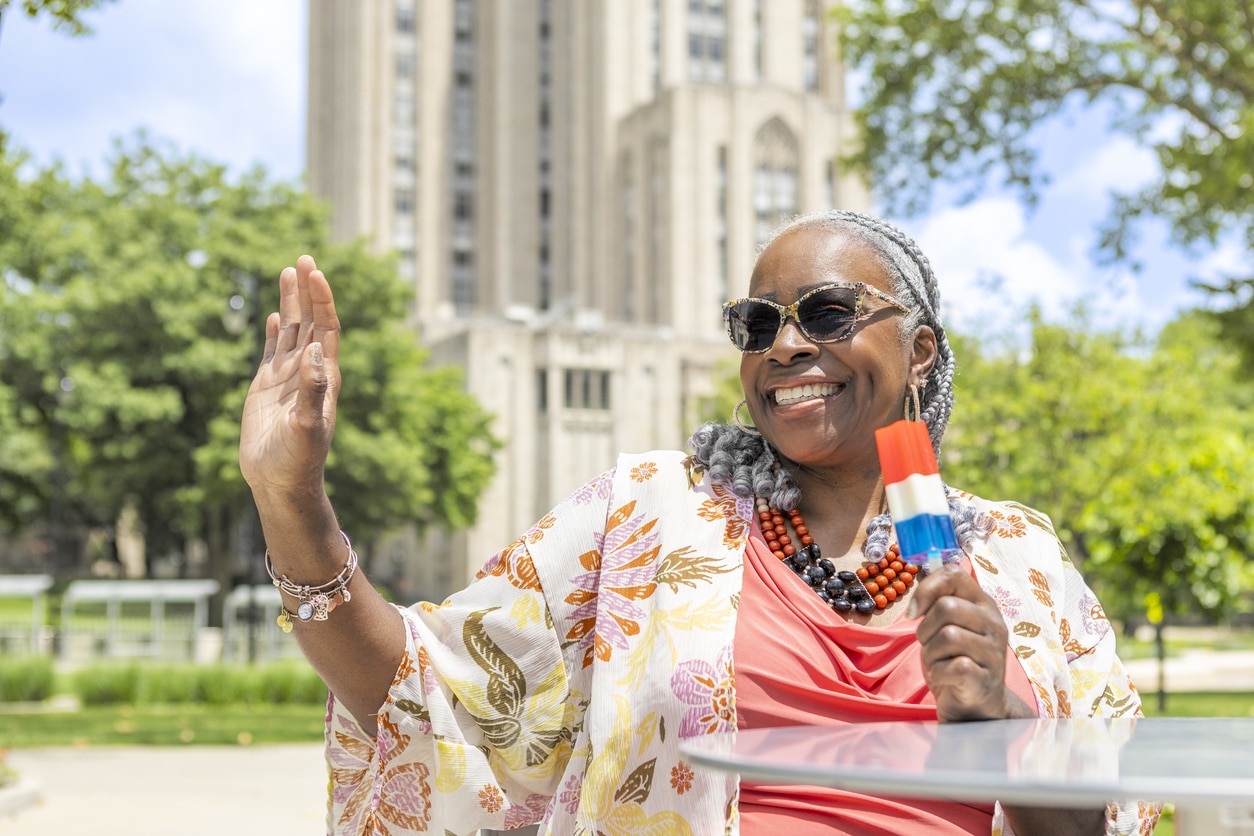Thinking about relocating to Florida’s sunny shores? Before you make the move, it’s worth asking: Why are retirees leaving Florida? While the state offers turquoise waters, year-round warmth, and iconic white-sand beaches, many are discovering that paradise isn’t perfect. Today’s retirees are digging deeper, looking past the postcard image to understand the real pros and cons of life in the Sunshine State.
Let’s take a closer look at why some people regret the move—and why more retirees are leaving Florida than you might expect.
“We want to be closer to family.”

Florida is the most isolated, far-flung state in the contiguous United States. While there are plenty of airports to facilitate travel, road trips rack up more miles when you want to visit family in other regions. Those leaving Florida to be closer to family who are scattered around the country may want to live in a more central state for ease of travel, with fewer airline connections and better access to the open road.
You might not be abandoning your loved ones, though. Younger family members might follow their parents to Florida for their own reasons. A recent study suggests that high-earning Millennials are relocating to the Sunshine State in surprising numbers. They’ve got more financial flexibility than those on fixed incomes, and to them, the cost of living is relatively appealing. Plus, they’re drawn to the active, outdoor lifestyle Florida offers.
“The weather is more intense than we expected.”

Everyone knows that Florida is warm and humid, but people are often still surprised by how oppressive the weather can be. Retreating indoors doesn’t always bring relief, because air conditioning is drying and is often difficult to regulate.
Many retirees don’t realize how much they’ll miss experiencing winter, spring, and fall until they find themselves in endless summer and decide to move back north to enjoy the four seasons.
Then there’s the stress brought on by hurricanes. Most Floridians have to have a go-bag ready for last-minute evacuations and be prepared to leave behind what they can’t fit in their car. Just the stress of anticipating hurricane season can be enough to send people packing.
“It’s getting too crowded.”

Florida is the third most populous state, with between 300,000 and 380,000 new residents arriving each year. Its aging infrastructure is scrambling to keep up, and it’s a seller’s market as developers try to meet demand. Overburdened health services have driven away many retirees who depend on regular care, but fortunately, things are turning around—albeit slowly.
Traffic is a problem, particularly near metropolitan areas. The good news is that the state is making massive investments to meet Florida’s growing transportation needs. Rural and urban communities will benefit, as well as people and businesses who rely on airports and seaports for work, commerce, and travel.
“We’re worried about crime.”

Many people fall prey to misconceptions about the crime rates in Florida, but crime is actually on a downward trend in the state’s major cities and unincorporated areas. Property damage and theft are slightly higher in Florida than violent crime, which is below the national average.
On the whole, Florida’s crime rate is about average for the United States, and even those numbers are shrinking. Want to live here while reducing your risk? Those who live in gated communities are 33% less likely to experience burglaries.
“We’re having trouble making new friends.”

When many of your neighbors are only there during the winter, it can be tough to form friendships. Difficulty making new friends isn’t just a Florida thing, though. We often get so comfortable with our social circles back home that we forget how to create new relationships. And even when we’re good at connecting with people, we tend to become more selective when choosing new friends as we age.
Did you know that you have a better shot at finding people who share your interests when you live in an active adult community? The best ones, especially those with full-time activity directors, offer many social groups and planned activities to explore. Research communities that have established clubs, sports, and hobby facilities. Arrange to spend some time visiting the community and make a point to participate in a few events to get a feel for the culture. When you choose the right 55+ neighborhood for you, you’re more likely to stay put and build a vibrant, engaged life.
“It’s getting expensive to live here.”

There’s no income tax in Florida, and that’s a big draw for retirees on a fixed income. Sales tax and property taxes aren’t outrageous, either. But there are hidden “taxes” that take their toll on the cost of living.
At least 45% of Florida homes are bound to homeowners’ associations (HOAs). That’s higher than any other U.S. state except California, with which it’s neck and neck. Thankfully, Florida’s nowhere near the top of the list as far as fees are concerned, but they still require homeowners to maintain their homes to high standards and follow stringent rules to remain in compliance. If you break those rules, fines add up!
Home insurance premiums, whether for owners or renters, have skyrocketed in recent years. Florida’s rates are more than double the national average, with the average monthly premium clocking in at $451. That doesn’t take into account out-of-pocket repairs and cleanup costs before deductibles are met.
Finally, there’s the so-called “tourist tax”, the markup locals have to pay on goods and services in high-tourism areas, particularly during peak season. But that’s the price you pay to live in paradise, and for most who retire to Florida, it’s worth it!
Leaving Florida? Let 55places Help You Find Your Perfect Paradise!
Every retirement destination has its pros and cons. We’re here to help you find the right active adult community in the right location for the life you want. Are you thinking of leaving Florida? Contact us today and let us help you begin your search! Our local real estate experts can help you make informed decisions without sacrificing the excitement of finding your new dream home.









